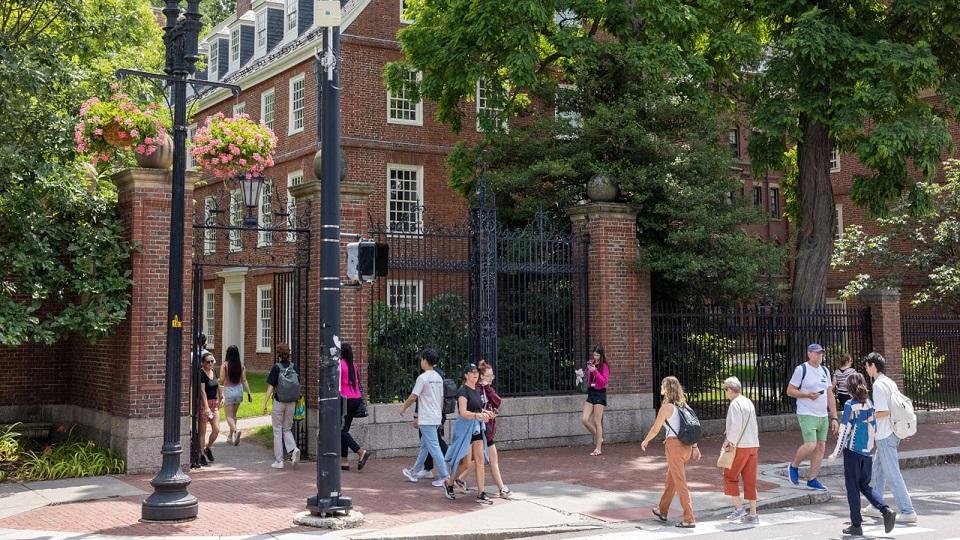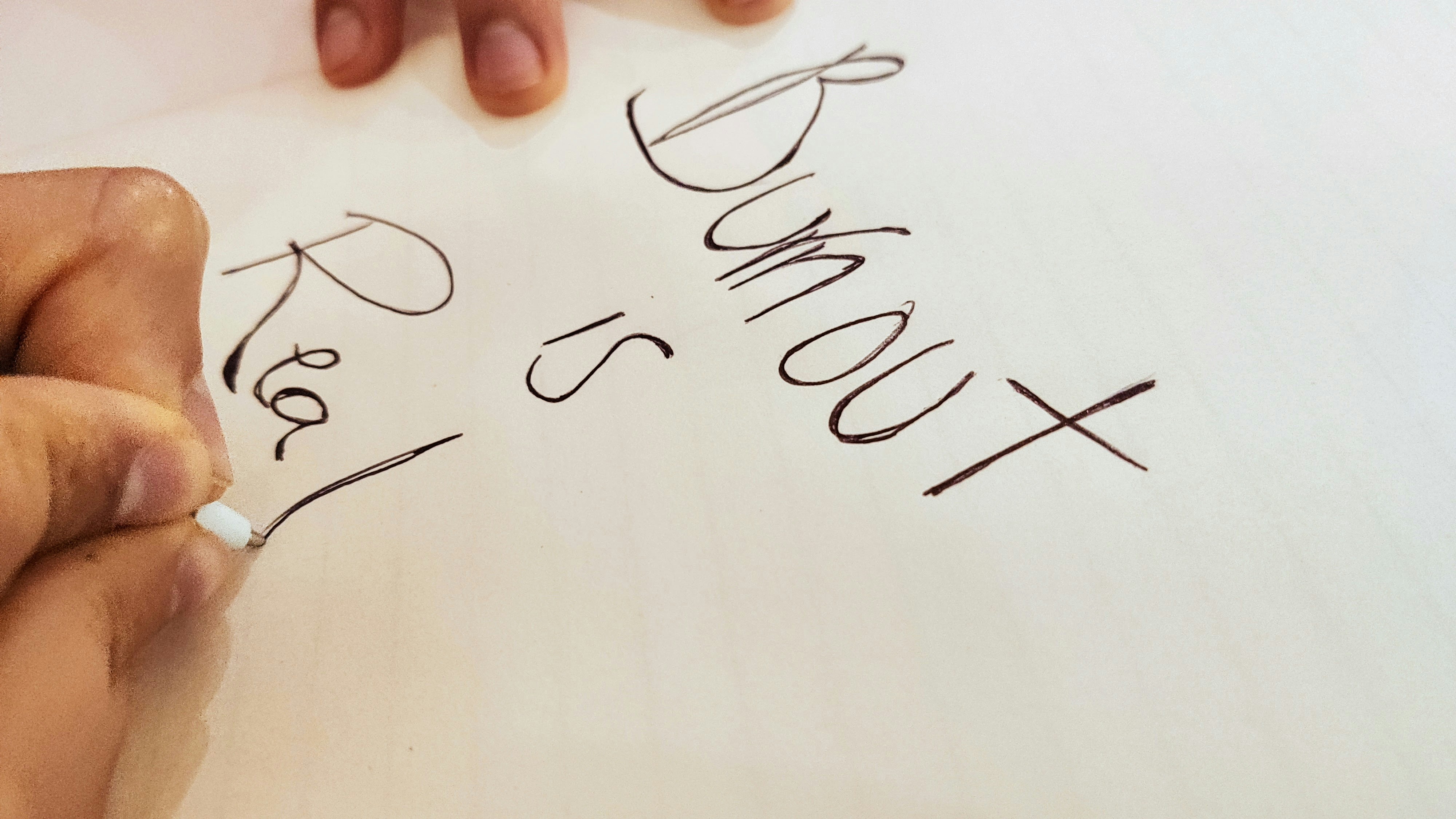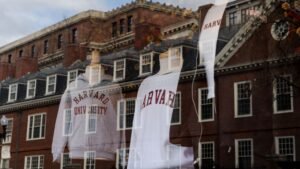Today:
Thursday, May 8 2025
What are You Looking For?
Trending News
Flash Story
 Google is using AI to identify scammy websites on Chrome when you click on them
Google is using AI to identify scammy websites on Chrome when you click on them
 Trump to change controversial Biden-era restrictions on AI chip exports
Trump to change controversial Biden-era restrictions on AI chip exports
 Trump’s diversity purge freezes hundreds of millions in medical research at universities across the country
Trump’s diversity purge freezes hundreds of millions in medical research at universities across the country
 Not holding back: Neither Lindsey Vonn nor Eileen Gu are scared to fail at the Olympics
Not holding back: Neither Lindsey Vonn nor Eileen Gu are scared to fail at the Olympics
 Chief Justice John Roberts stresses judicial independence amid tensions with Trump
Chief Justice John Roberts stresses judicial independence amid tensions with Trump
Editor's Picks
Main Story
Trending Story Now
About The Author

USA Independent
USA Independent is a cutting-edge digital news portal dedicated to delivering reliable, unbiased, and up-to-the-minute news to readers across the United States and beyond. Established with the mission of fostering transparency and informed public discourse, USA Independent covers a wide range of topics, including politics, business, technology, culture, health, and global affairs.

































